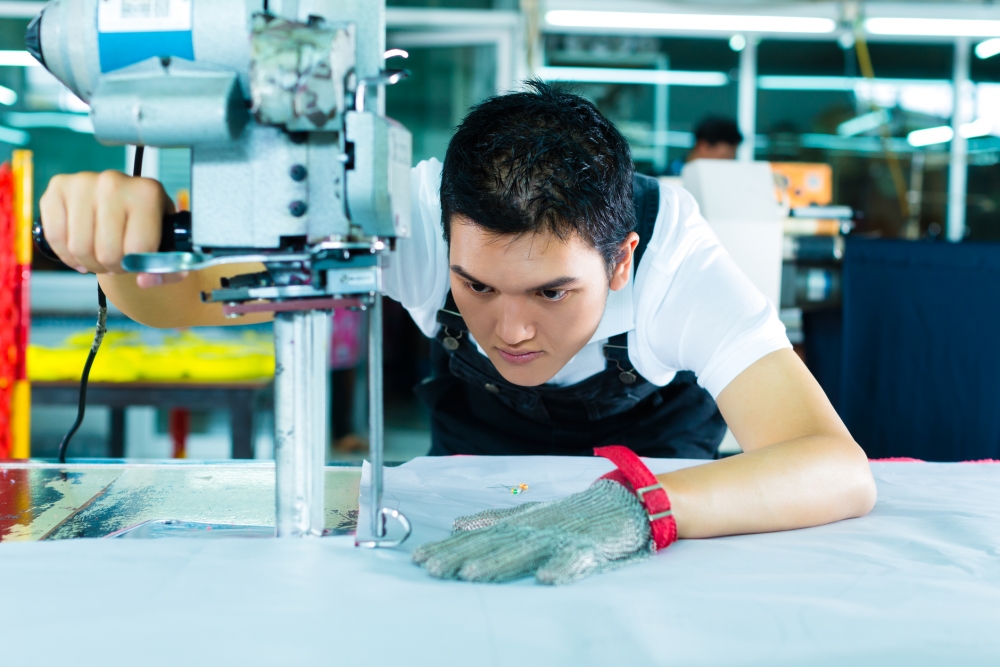
Hot and Bothered


To date, most empirical evidence on climate change impacts have focused on the agricultural sector. Little is known about the effects on, say, manufacturing in, say, China, which is in many ways “the factory of the world.”
In a new paper published in the Journal of Environmental Economics and Management, UC Santa Barbara researchers shows that climate change will dramatically lower output for the Chinese manufacturing sector.
Using detailed production data from a half-million Chinese manufacturing plants in the period 1998-2007, the research team estimated the effects of temperature on firm-level productivity, factor inputs and output. They predict that by the middle of the 21st century, if no additional adaptations occur, climate change will reduce Chinese manufacturing output annually by 12 percent — equivalent to a loss of nearly $40 billion in 2007 dollars.
With the Chinese manufacturing sector producing 32 percent of national gross domestic product (GDP), this effect is equivalent to a 4 percent drop in overall Chinese GDP annually. Further, given that China’s manufacturing sector supplies 12 percent of global imports, the worldwide economic consequences may be substantial.
“Previous work has largely focused on how climate change may affect economic activity by lowering the productivity of workers,” said co-author Kyle Meng, an assistant professor of environmental economics in UCSB’s Bren School of Environmental Science & Management and the Department of Economics. “It is well documented that when it’s hot, people work less productively.”
The new paper, written with Olivier Deschenes, a professor of economics at UCSB, Peng Zhang of the Hong Kong Polytechnic University (and a former Ph.D. student at UC Santa Barbara) and Junjie Zhang of Duke Kunshan University in China, points to the effects of temperature on the productivity of capital as well. That is, increasing temperatures not only make workers less productive, they also make machines operate less well.
“In one particularly striking result, we separately examine temperature sensitivity between low- and high-tech industries in China,” Deschenes said. High-tech industries include those that produce medical supplies, aerospace equipment and computer equipment. “We typically think of these sectors as being capital intensive with indoor production facilities that tend to operate with air conditioning,” Deschenes continued. “We find that these industries are just as sensitive to extreme temperature as low-tech industries.”
According to Meng, the results suggest that if we are to reduce climate losses on manufacturing output, adaptation measures should not focus solely on reducing the sensitivity of workers to extreme heat, but also that of factory machines.
“More broadly, our paper introduces a new cost of climate change that hasn’t been documented before,” he said. “China is already doing a lot to reduce its emissions. These existing policies were put into place even without this new evidence on manufacturing sector losses. Given the importance of manufacturing for China, we hope our findings will help lead to more stringent Chinese climate policy.”



